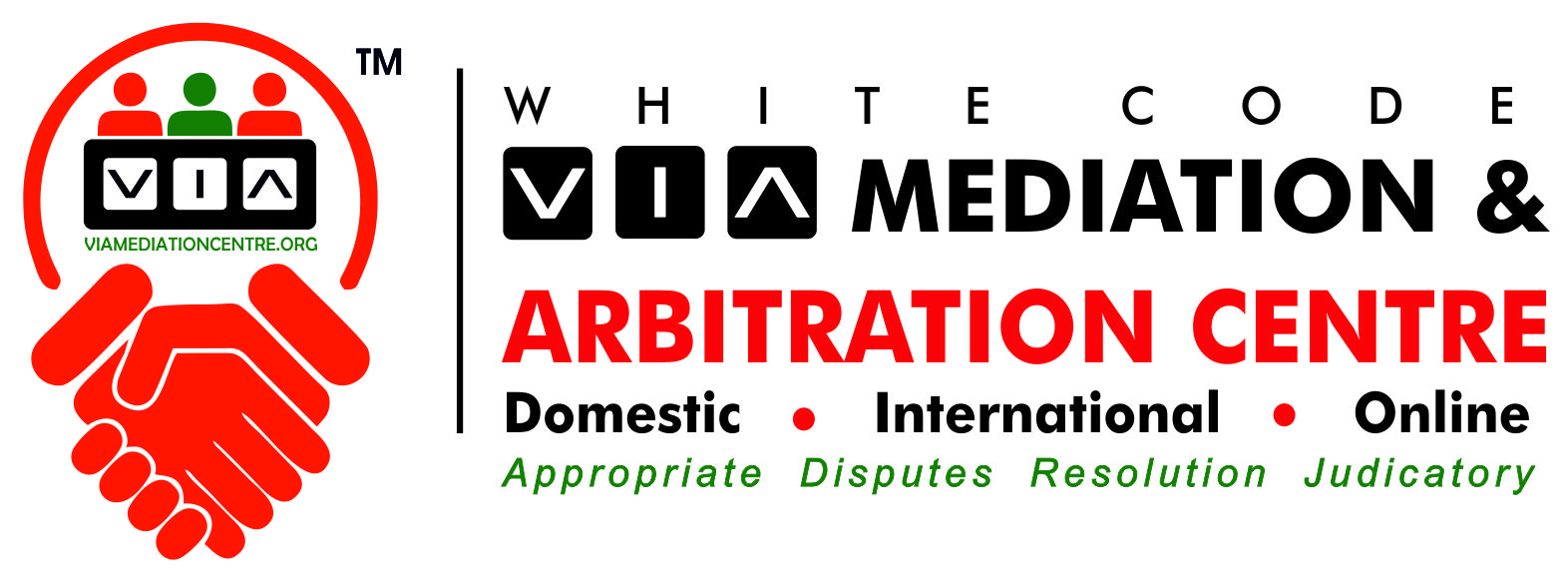NEUTRAL EVALUATION
Neutral Evaluation
Neutral Evaluation, sometimes called Early Neutral Evaluation, (ENE), is a process where a neutral third party hears presentations by disputants of their positions, then provides them with his or her evaluation of the case. This process combines features of both a decision-making and a non-decision-making process. During the process, the neutral may be invited to serve as mediator or facilitator. The central feature of Neutral Evaluation involves an informal, confidential, impartial and brief evaluation session of a dispute that may take place at any time, but preferably as early in the dispute as possible.
Neutral Evaluation may be court-connected or be undertaken in a private setting through voluntary arrangements between the parties. In Canada, Neutral Evaluation is being used, on a limited basis, as a private process, although it is sometimes used in conjunction with court dispute resolution programs.

Neutral Evaluation may be initiated at any time in the life of the dispute although an assessment of the case early in the process is often preferable. In principle, when it is court-annexed, Neutral Evaluation does not begin until a lawsuit is filed, while in a private context, it may be triggered as soon as a deadlock arises in connection with the dispute. At that stage, if the applicable agreement provides it, the parties may start the Neutral Evaluation process. Even if Neutral Evaluation was not specifically provided for in an agreement, the parties may still be able to agree to commence the process.
How it works?
Choosing the Neutral Evaluator: There is no set rule for choosing a neutral evaluator. In choosing a neutral evaluator, the parties should apply the following basic criteria: impartiality, a reputation for good judgement and fairness, experience in litigation, and to the greatest extent possible, expertise in the subject area of the dispute. The actual practice is to choose an experienced and respected lawyer who is knowledgeable in the subject area of dispute. However, the neutral evaluator does not have to be a lawyer: depending on the circumstances of the case, the parties may, instead, appoint an expert in a technical area who would be able to quickly grasp the issues and craft practical solutions.
Preparation for Neutral Evaluation: There is no rigid format to be followed at this stage. Generally, at a reasonable time before the date of the evaluation session scheduled by the neutral and/or the parties, each party provides to the neutral evaluator and the other party(ies), a concise written Evaluation Statement of the issue, outlining the facts, expert reports, the relevant law and argument on which each party relies as well as excerpts of the

pertinent cases. Thorough preparation before the evaluation session is key to a favourable outcome. The neutral evaluator, and/or the parties, taking into account the particular circumstances of the case (readiness to settle, sufficient exchange of information or differing interests between parties and counsel, etc.), will have scheduled a convenient time and place for the Neutral Evaluation session, with the parties and their lawyers. The session would preferably take place on neutral territory.
The Neutral Evaluation Session: The Neutral Evaluation session generally begins with opening remarks from the neutral evaluator, explaining the purposes of the session and his or her role, outlining the basic ground rules to be followed, and describing and emphasizing on the important characteristics of the process such as its informality, confidentiality or privacy, etc. The neutral evaluator will have read the Statements and will be familiar with the dealings between the parties up to this point. At the end of the session, some favourable outcome is expected to be arrived at.
